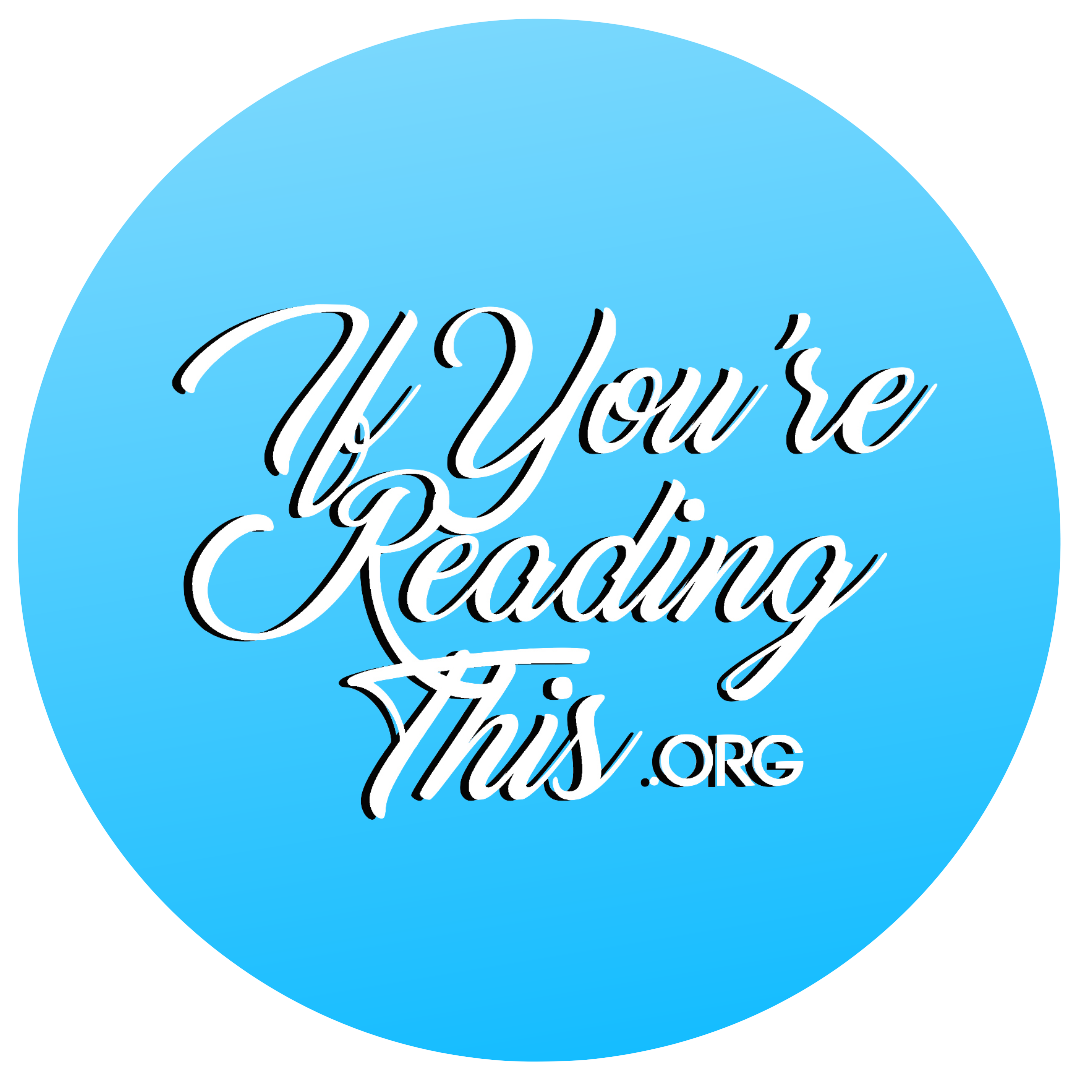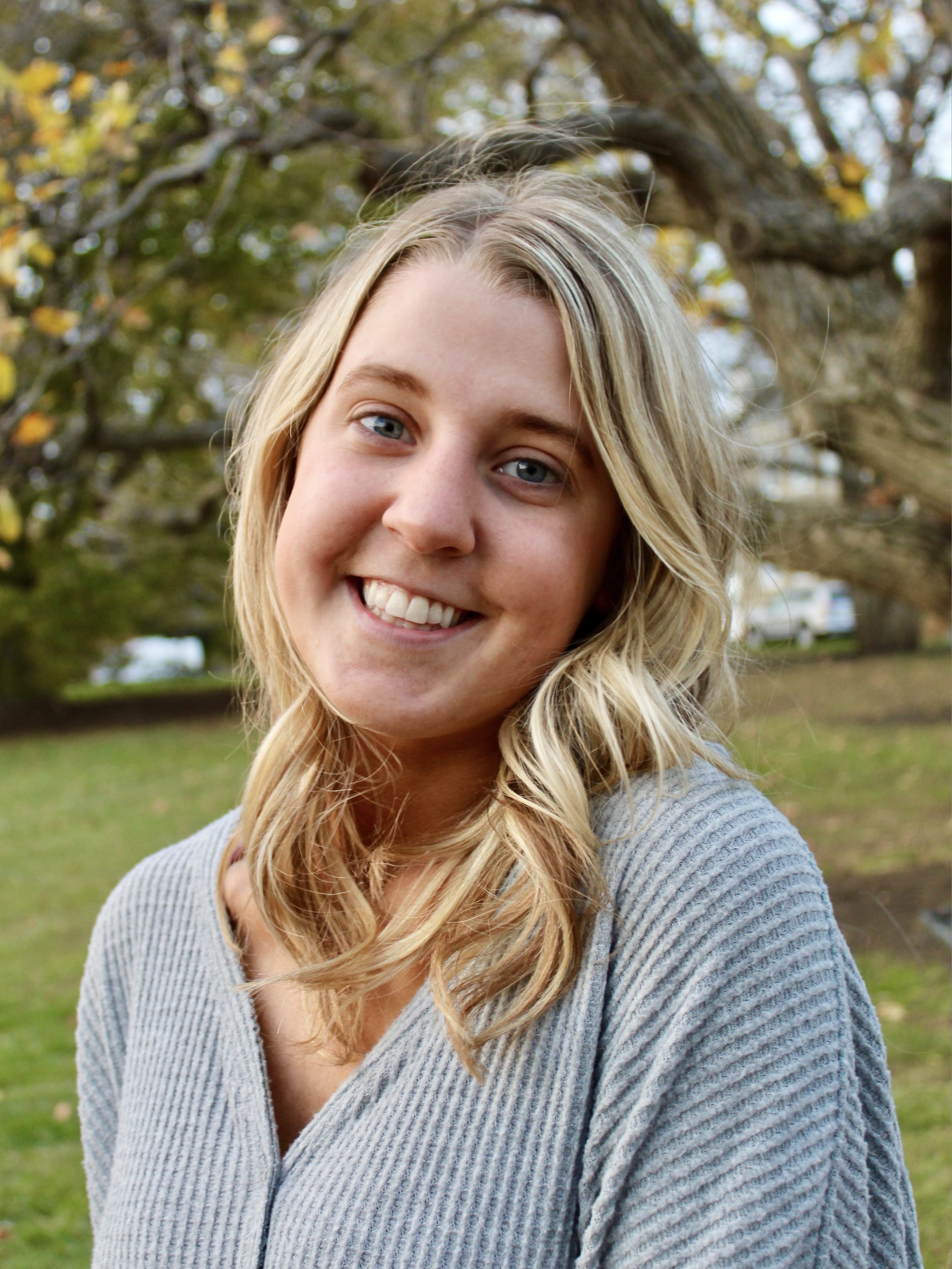If you’re reading this, the path to recovery is not linear.
I am here to remind you of two things: one, it is okay to not be okay, and two, it is okay to ask for help when you need it. I think there’s a common misconception that you’re going to be happy all the time, or that you should be happy all the time. I really had to dig deep into this with my therapist. Anytime I was not overwhelmingly happy, I assumed something was wrong with me; I thought if I wasn’t happy 100% of every day, I was broken in some way.
I was diagnosed with major depressive disorder in middle school, along with generalized anxiety and panic disorder. While these diagnoses look different for everyone, for me, they led to increased anxiety about everyday tasks which often led to panic attacks. My depression, in simple terms, makes me feel like a spectator in my own life, making it hard for me to move along day to day. I kept these diagnoses a secret from everyone throughout middle and high school, thinking they were something to be ashamed of. While my doctors diagnosed me when I was very young and begged me to see a therapist, I refused. I thought I was weak if I couldn’t handle everyday life on my own. I refused to seek treatment and suffered in silence which diminished my overall mental health.
It wasn’t until I arrived at Villanova and really struggled to make the transition that I finally decided to see a therapist and start medication. It was certainly not an overnight cure. But bit by bit, I started to feel better. The hardest part of starting recovery for me was accepting that there is no “cure.” Recovery is a long road and, for people with major depressive disorder like me, recovery is a life-long road. My therapist helped me realize that there is power in naming your feelings (and your options aren’t just happy or not happy). While it makes me feel like a weirdo, sometimes saying out loud the exact feeling I have is a fantastic coping strategy.
You’re not going to be happy all the time. No one ever is. Sometimes you’re just sort of going to exist, and that’s okay. Learn to be satisfied with ‘content,’ or ‘calm,’ or ‘not sad.’ Not sad is good. Not sad is great.
The last year of my life has brought me some of my happiest memories and greatest friends, but has also encompassed my most painful and extraordinarily crushing lows. Here are actual quotes from my journal on, I kid you not, back-to-back days:
Tuesday says, “I couldn’t get out of bed today and skipped all my classes. Today I feel lonely.”
Wednesday says, “I ate a really good turkey club sandwich today and watched crappy reality television. Today I feel content.”
These quotes are not here to overshare my day-to-day life (though they achieve that purpose for sure). They are here to remind you that it is okay to feel the ups and downs of everyday life. It’s okay to feel lonely, it’s okay to feel ecstatic, it’s okay to feel blue. It’s okay to feel one of these feelings for days on end.
If you experience a bump in the road, a worsening of depression, or an extremely long period of feeling blue, you are not off the road to recovery. You are not moving backwards, you are simply moving sideways. The road to recovery is long and it is windy. For most of us, it is never ending. You don’t feel better in a nice, neat, straight line to happiness. Relapse doesn’t cancel out achievement. Just as happy times don’t last forever, neither do sad times. Take comfort in this. Lean on close friends, journal, see a therapist, and indulge in self-care.
It’s when you finally own up to your not-okay-ness that you get to a place where you can name your feelings and ask for help. And if no one told you this today, I’m proud of you.
CeCe S., Villanova University ‘23
FOLLOW @IFYOUREREADINGTHISNOVA TO STAY UP TO DATE ON NEW LETTERS AND EXCITING UPDATES
AUTHOR CONTACT
This author has opted to allow readers who resonate with their story to contact them. If you would like to speak to the author of this letter about their experience, please use the form below.


